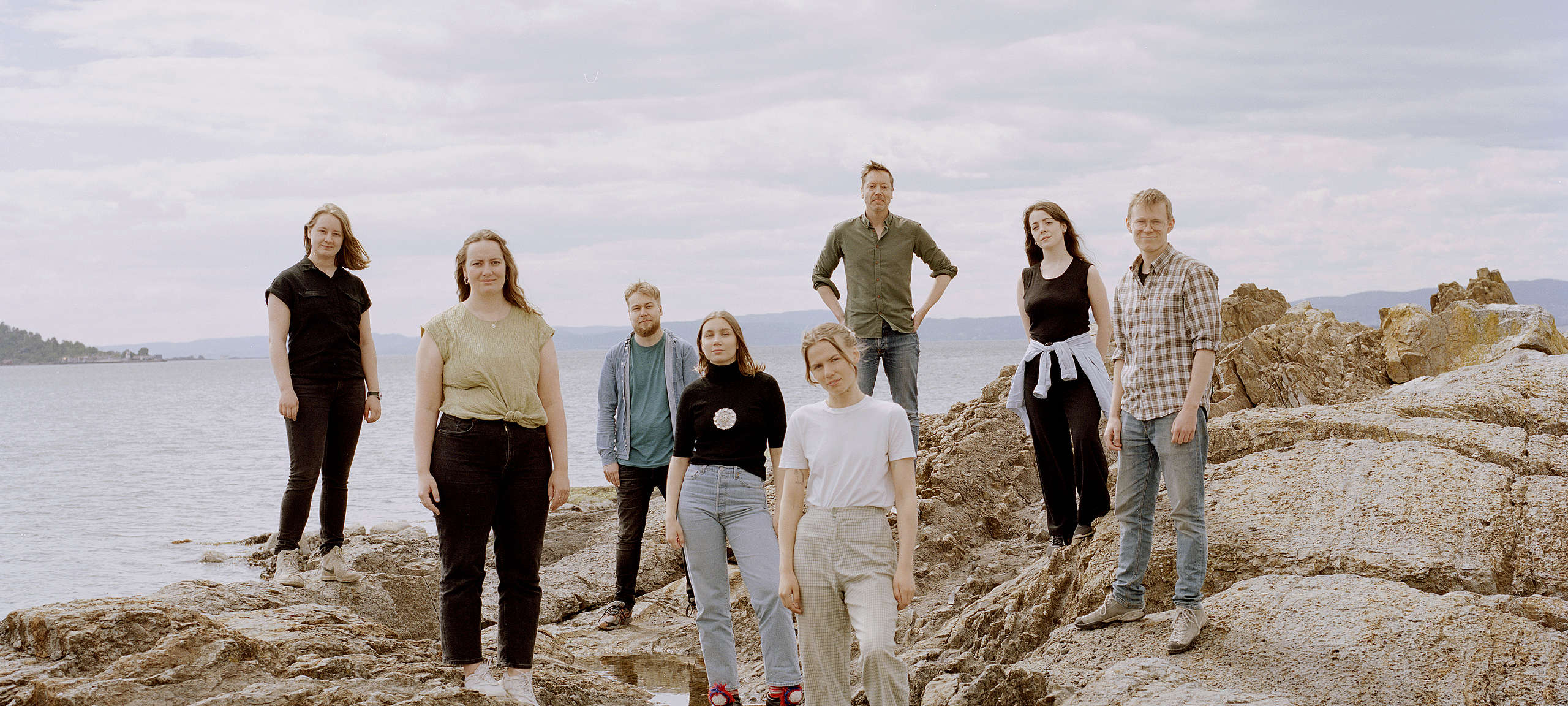
People vs. Arctic Oil
Six young climate activists, along with two environmental organisations from Norway, are filing a historic application to bring the issue of Arctic oil drilling to the European Court of Human Rights.
We argue that by allowing new oil drilling in the midst of a climate crisis, Norway is in breach of fundamental human rights.
After three rounds in Norway’s legal system, domestic courts found that the Norwegian state did not violate Article 112 of the Norwegian Constitution, which states that every person has a right to a healthy environment and that the state must implement measures to secure this right. The young activists and the environmental organisations argue that this judgment was flawed, as it discounted the significance of their environmental constitutional rights and did not take into account an accurate assessment of the consequences of climate change for the coming generations. They now hope that the European Court will find that Norway’s oil expansion is in breach of human rights.
Also read (in Norwegian): Nytt klimasøksmål 2023
But what about…? 5 frequently asked questions and answers
This is an exciting and completely new case, and that comes with a lot of questions. That’s why we’ve tried to anticipate some of them here. You will find many answers to other questions elsewhere on this page, and if you still can’t find them there then don’t hesitate to reach out to us!
The ECtHR is an international court, located in Strasbourg, France. The court is a part of the Council of Europe, where Norway is one of the 47 members.
The organizations and the individual applicants claim that Norwegian oil policy is in breach of the European Convention on Human Rights (ECHR). The ECHR states that all humans have a right to life and private life, and under this provision, the ECtHR has previously interpreted this to include a right to a livelihood and environment that should not be degraded. The organizations and individual applicants are of the opinion that this also includes a right to a healthy environment free from damages due to climate change. These are issues that the court has previously shown interest in, e.g. by forwarding two recent cases regarding climate change previously this year, which might be accepted to the court.
As the People vs. Arctic Oil court case has already exhausted national remedies by taking the case through the Norwegian courts of law, the case is in a unique position to file an application to the ECtHR. A majority of the applications which are filed with the ECtHR are rejected, and having exhausted national remedies increases the chance of admission.
Articles 2 and 8 in the European Convention on Human Rights state that individuals have a right to life and to private life. Within these two articles, the ECtHR has previously interpreted a right to protection from environmental harm. Articles 2 and 8 were central in the Urgenda case, which was heard by the Dutch court system, where the Dutch Supreme Court found that Dutch climate targets were too low given the scientific consensus about potential harm from climate change.
The six young Norwegian activists also allege violation of Article 14 of the ECHR about discrimination based on age, the disproportionate burden the climate crisis imposes on youth, and discrimination based on membership of minority population for two of the applicants who are from the Sámi people.
The ECtHR has no formal sanctions against Norway if Norway does not comply with the judgment voluntarily. On the other hand, given a judgment, it is likely that the question will be an issue which might be raised again by other nations, and will affect Norway’s relation to the EU and European countries.
There have previously been several cases heard by the ECtHR, e.g. by individuals seeking protection from environmental damage from factory pollution. Two climate related applications have recently been communicated by the ECtHR: Portuguese youth who are taking 33 countries to court for having been complicit in climate change which is harming their homes, and Swiss grandparents who are taking Switzerland to court for not protecting them against heat waves following from increased temperatures
